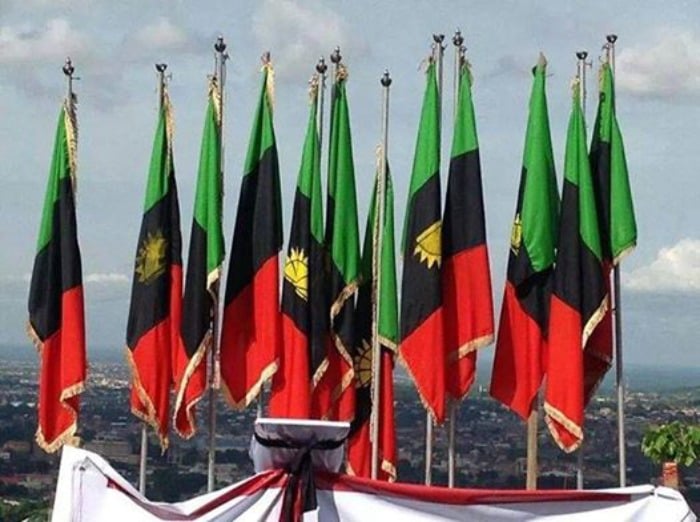While Niger Delta militants are bombing pipelines and plunging the nation into darkness, the problem could soon extend from power generation to transmission with the impending vacuum at the Transmission Company of Nigeria (TCN).
The TCN management contract between Nigeria and Manitoba Hydro International Limited (MHI) of Canada will expire on July 31, 2016 — and there is yet no arrangement in place to either terminate or extend it.
According to the terms of the contract, this decision ought to have been communicated to Manitoba latest by April 31, 2016 — a clear three months ahead of expiration.
However, owing to a big vacuum in the power sector, there has been no communication with Manitoba.
Advertisement
The executive board of the National Electricity Regulatory Commission (NERC) is yet to be constituted since the tenure of the last commissioners ended in December 2015.
NERC, as currently constituted, does not have a board or a substantive chief executive and cannot take a legally binding decision — an issue that has been raised in recent times concerning the Nigerian Communications Commission (NCC) and the Petroleum Products Pricing Regulatory Agency (PPPRA)
Also, the National Council on Privatisation (NCP) — which takes final decisions on privatisation — is yet to be constituted by President Muhammadu Buhari.
Advertisement
To renew or not
TheCable was informed by industry insiders that the legal adviser of Manitoba has written to the Bureau for Public Enterprises (BPE), which serves as the secretariat of NCP, requesting who to hand over the management to — in the absence of a notice of renewal from the government.
Under the agreement, Manitoba is supposed to be paid by the government for its services based on some key performance indicators (KPIs) set by the ministry of power, but the ministry is yet to communicate with the company.
The lacuna is stalling the ability to plan ahead for TCN, which is currently grossly inadequate to transmit power being generated in the country.
Although the country’s generating capacity is close to 10,000mw if there is gas, TCN cannot “wheel” more than 5700mw because of capacity issues.
Advertisement
The lack of investment in transmission over the years has not been helped by a lack of a roadmap to develop the segment.
“A clear road map needs to be articulated to address the investment requirements of TCN at least for the next five years,” an official of the ministry of power told TheCable.
“It is capital intensive. It will require massive private sector investment. This segment is suffering from technical decay. Virtually every aspect of its operations is deteriorating.”
Part of the investment is expected to be attracted from bilateral and multilateral sources to address decades of underinvestment.
Advertisement
“Unfortunately, if we don’t put the appropriate corporate governance in place for efficient management, we are heading nowhere,” he said.
Déjà vu
A similar lacuna was averted in 2015 when Manitoba’s contract was urgently extended two weeks to the end of its expiration despite the terms of the agreement.
Advertisement
Manitoba entered into three-year contract to manage TCN’s transmission, system operation and market operation undertakings in 2012.
Upon expiration in 2015 and with no alternative plan for management, the Buhari administration granted a one-year extension.
Advertisement
But as the extension nears an end, there is yet no clear-cut plan to take over the management.
In 2015, intrigues by officials of the ministry of power almost stalled the extension as they jostled to get the company back under federal government control.
Advertisement
Sources told TheCable then that some Nigerian “understudies” had been positioned at TCN with the assurance that the Manitoba contract would not be renewed and that they would take over.
But rather than understudy the Canadians, the Nigerians were engaged in a war of attrition with the management as intrigues took the better part of what was supposed to be a knowledge-transfer initiative.
The understudies were appointed outside of the provisions of the management contract while the appointments were done without the input of Manitoba.
“The understudies worked largely at cross purposes with MHI having been briefed that they would soon take over,” the source added, while suggesting that the Nigerians “learnt next to nothing because of this hostile atmosphere”.
1 comments







Manitoba should be allowed to continue the management contract to safe TCN from imminent collapse from the hand of ministry and in house wolves that will milk the organization dry. Manitoba has succeeded in curtailing corruption in TCN. If that’s the only thing they have achieved, their con tract should be renewed